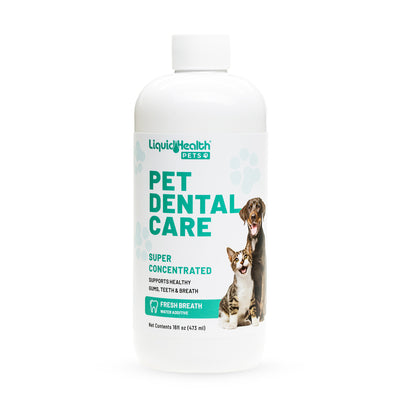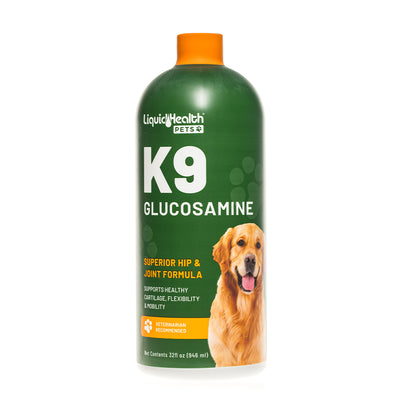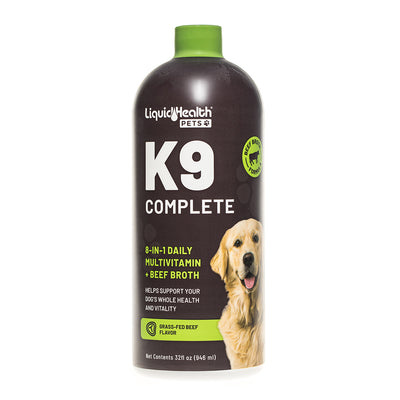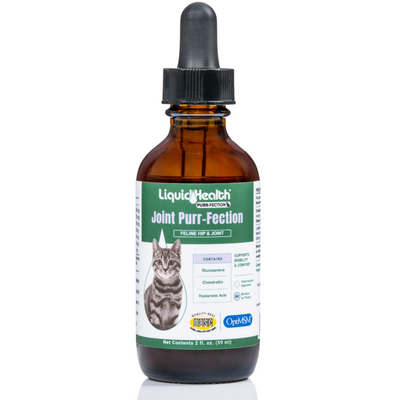Just like a child, your dog depends on you when it comes to everything, from nourishment to medical attention, training and exercise and even safety and when left unattended they can even get stolen. So it is the responsibility of you as a dog owner to take care of them, and among the things you should do as a dog lover is to ensure that your dog gets enough of vitamin e for dogs, or food enriched with dog vitamin e or simply vitamin e supplements for dogs.
What Happens If Your Dog Doesn’t Get Enough Vitamin E?
A study was done to investigate the effects of vitamin deficiency in dogs on developing puppies, and the results were scary! Dogs with vitamin e deficiency developed eye and muscle discomfort within 20 days after birth. Other studies have shown that if such symptoms were advanced and no supplementation was done on time, muscle weakness and some other issues came up.
Benefits of Using Vitamin E for Dogs
Often dog’s from several skin issues like among others. Most common cause of such problems are parasites but at times, lack of essential in a dog can be a cause. Canine experts have indicated once that vitamin e supplements or food enriched with vitamin e for dogs go a long way in supporting the texture of your dog’s coat and skin. Supplementing vitamin e in a dogs diets supports the dog’s skin and helps promote a healthy wellbeing.
During the cold season, dog vitamin e serves a critical role especially in supporting the dog’s immune system. These vitamins are also one of the most powerful antioxidants nature can give and support regular bodily functions in both cats and dogs.
How Much Is Vitamin E Is Required?
With a high-quality diet, it is more than unlikely that your dog will from a vitamin E deficiency because most quality dog foods are supplemented with enough vitamin e. However, it is important to check whether the vitamin e content in your dog food is enough for your dog. Dog foods with natural wheat germ are always a good source of vitamin e for dogs. Supplementing your dog’s diet with some fresh green vegetables and adding a few drops of vegetable oil can be a good way of sourcing vitamin e.
The optimal dosage of vitamin E for dogs will depend on their size their age and their current health status. The general recommendation for a larger dog is 800 IU (international unit), and small dogs can get up to 400 IU. It is important to remember that a certain combination of supplements and vitamins can have a counterproductive outcome. So, always consult a veterinarian before adding vitamin e supplements for dogs in their diets, especially if your dog is already taking other supporting liquid supplements and vitamins.






